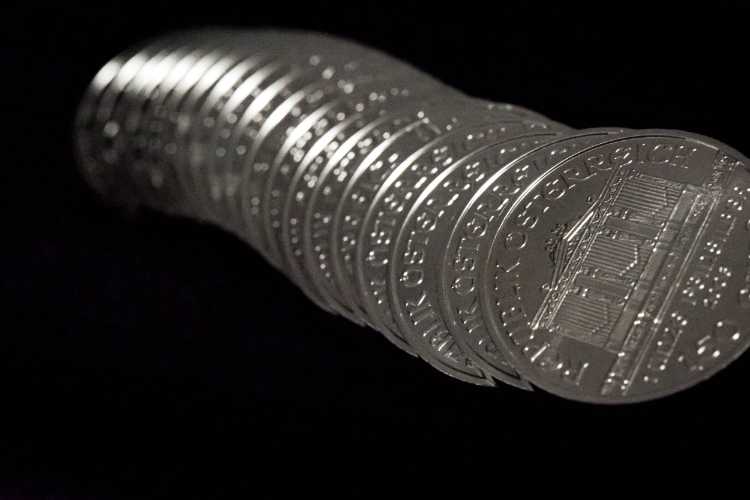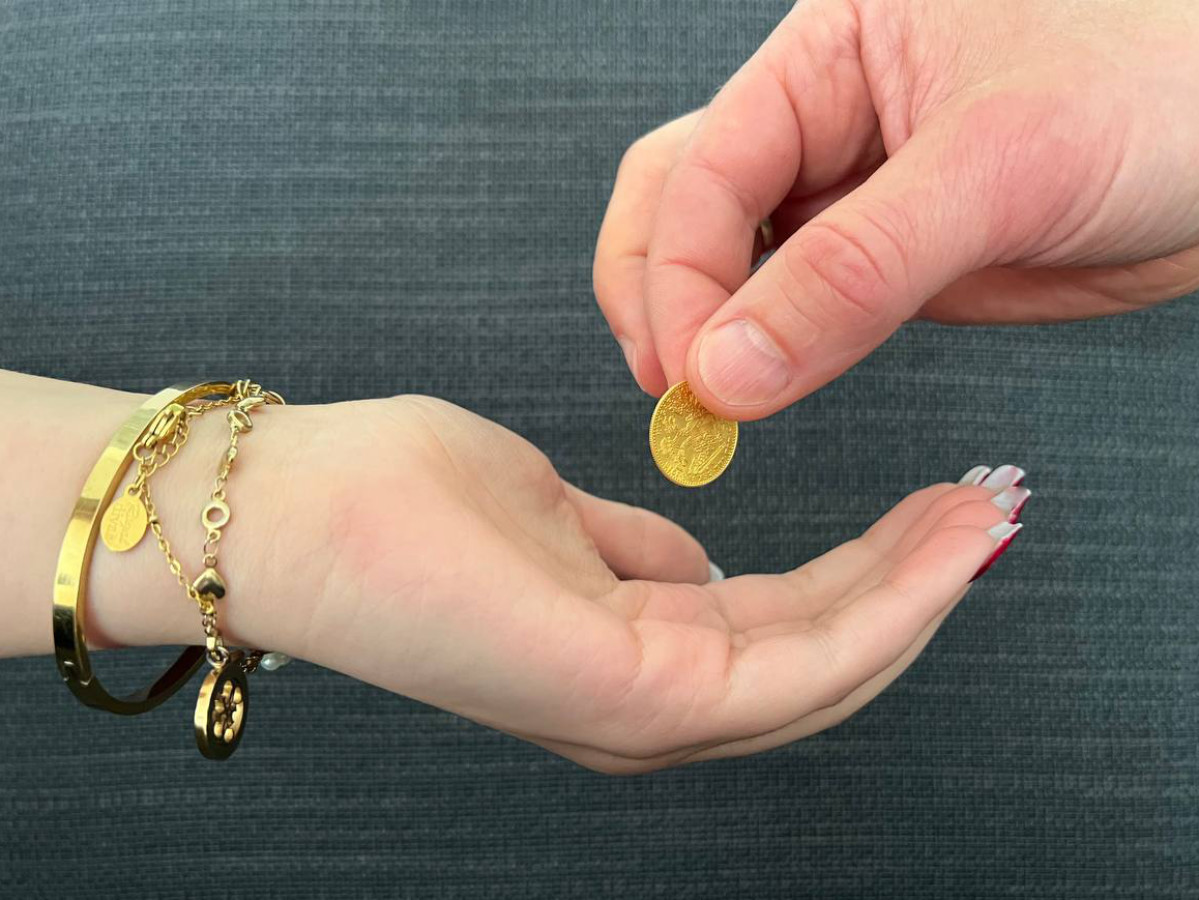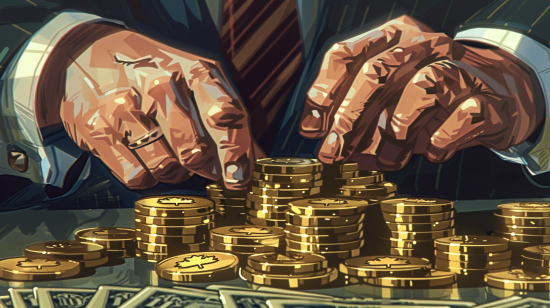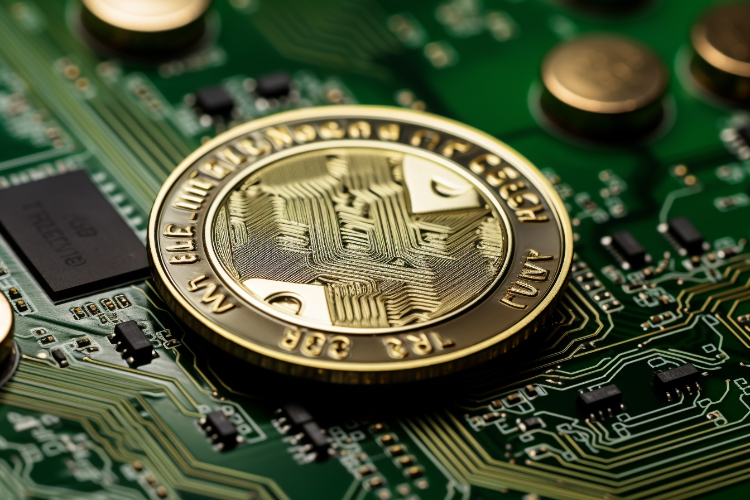
Wieder geistert das Thema des digitalen Zentralbankgelds durch die Medien, da die EU-Kommission Ende Juni einen Gesetzesvorschlag zur Regelung einer digitalen Währung vorgestellt hat und die EZB im Oktober 2023 über die Einführung des digitalen Euros als Zahlungsmittel entscheiden möchte.
Was würde die Einführung des digitalen Euros bedeuten? Soll damit das Bargeld, wie wir es kennen, abgeschafft werden?
Was ist Digitales Zentralbankgeld?
Digitales Zentralbankgeld auf Englisch Central Bank Digital Currency, kurz CBDC, beschreibt ein Geldsystem, bei dem Geld direkt von der Zentralbank ausgegeben wird.
Digitales Zentralbankgeld beschreibt also wie Bargeld eine Verbindlichkeit der Zentralbank, und unterscheidet sich damit vom Giralgeld (das „Buchgeld“ auf dem Bankkonto). Im aktuellen System sind mehr als 80 Prozent des Geldes Giralgeld, das von den privaten Geschäftsbanken „aus dem Nichts“ geschaffen wurde.
Das funktioniert, weil die Summe der Kredite, die von Banken vergeben wird, deutlich höher ist, als die Einlagen von Sparern bei den Banken. Mit jedem Kredit entsteht so „neues“ Geld.
Warum wollen die Zentralbanken digitales Bargeld einführen?
Mehr Kontrolle über die Geldschöpfung
In einem Giralgeld-System kann jede Bank neues Geld schöpfen. Bei jeder Kreditvergabe durch eine Geschäftsbank entsteht neues Geld (sekundäre Geldschöpfung), die Geldmenge wächst. Beim digitalen Zentralbankgeld wäre diese Geldschöpfung – eben wie beim Bargeld auch – aber unter vollständiger Kontrolle der EZB. Damit hätte die Notenbank deutlich mehr Kontrolle über die Geldmenge.
Digital vs. „bargeldlos“ bezahlen
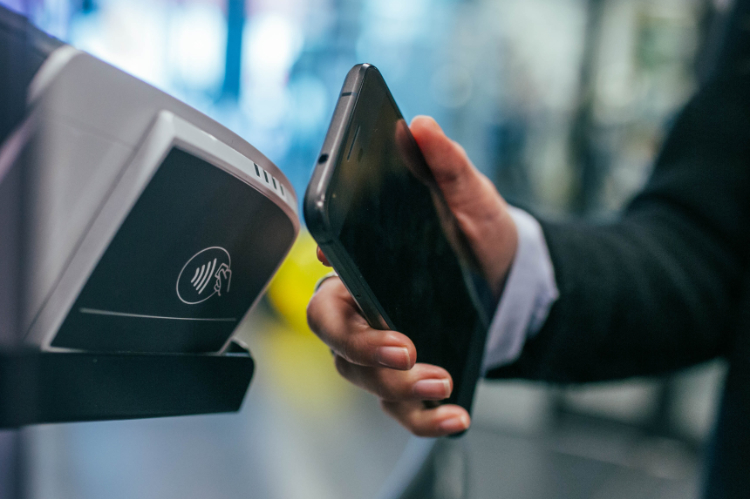
Der Zahlungsvorgang mit digitalem Bargeld an der Kassa würde sich im Ablauf nicht groß von der kontaktlosen Zahlung per Karte oder Mobile-Payment unterscheiden. Man hält eine Karte, das Smartphone oder die Smartwatch an das Terminal und der Betrag ist bezahlt.
Jedoch wäre die Funktionsweise dahinter wohl deutlich anders. Statt für Buchungen auf den Bankkonten von Käufer und Verkäufer zu sorgen, wäre die Bezahlung viel direkter.
Das digitale Bargeld wäre ähnlich wie bei Kryptowährungen als „Token“ in einer virtuellen Brieftasche z.B. auf dem Smartphone / der Karte gespeichert. Beim Bezahlen würde dieser Token dann direkt von Gerät zu Gerät übertragen (Peer-to-Peer). Der „Umweg“ über die Bank, den Kreditkartenanbieter oder Zahlungsdienstleister fiele so weg.
Diese Information, dass ein virtueller Euro den Besitzer gewechselt hat, muss jedoch irgendwo gespeichert werden. Im Gegensatz zu Bitcoin und anderen Kryptowährungen wäre diese Datenbank aber wohl nicht in einer dezentralen Blockchain auf unzähligen Rechnern verteilt, sondern unter der Kontrolle der Zentralbank. Und hier muss die Kritik ansetzen.
Digitales Bargeld inklusive Überwachung?
Während „echtes Bargeld“ den Besitzer wechseln kann, ohne Spuren zu hinterlassen, wäre die Anonymität von „Barzahlungen“ mit digitalem Geld mit einer Blockchain Datenbank unter der Kontrolle der Zentralbank wohl mehr als fraglich! Vielmehr droht das Szenario des „gläsernen Bürgers“ wahr zu werden.
Während Bitcoin und viele andere Kryptowährungen als dezentrale Open-Source Konzepte funktionieren, hätte hier mit der Zentralbank ein mächtiger Akteur die komplette Kontrolle über das Geld. Und mit diesem Einfluss stünden den „Währungshütern“ wohl auch ganz neue geldpolitische Instrumente zur Verfügung: Der Kontrolle der umlaufenden Geldmenge und die Zinssteuerung wäre deutlich direkter.
Kritiker merken an, dass diese Kontrolle bis hin zur Einführung eines „Verfallsdatum“ für gehaltenes, digitales Bargeld reichen könnte (wie im Freigeld, oder besser „Schwundgeld“-Ansatz).
Ganz offen diskutiert werden aber Obergrenzen für den digitalen Euro: offiziell, um zu verhindern, dass es zu Bank-Runs kommt und Bankkunden ihr komplettes Giralgeld in den Digital-Euro umschichten.
Digitales Zentralbankgeld darf echtes Bargeld nicht ersetzen
Als zusätzliche Ergänzung kann digitales Bargeld im Alltag sinnvoll sein. Zu einem Ersatz für echtes, physisches Bargeld darf es aber nicht werden.
Denn Bargeld steht für Freiheit, Unabhängigkeit und Anonymität. Es funktioniert für jeden und jede – ohne Strom, ohne Endgerät, ohne technisches Wissen.
Als Wertspeicher eignet sich digitales Zentralbankgeld – genauso wie Bargeld im Allgemeinen – nicht. Wer sein Vermögen langfristig bewahren möchte und vor Kaufkraftverlust schützen will, sollte einen guten Teil seiner Ersparnisse in Gold, Silber, Platin anlegen. Denn nur diese bewahren seit Jahrtausenden ihren Wert und überall und jederzeit akzeptiert.

